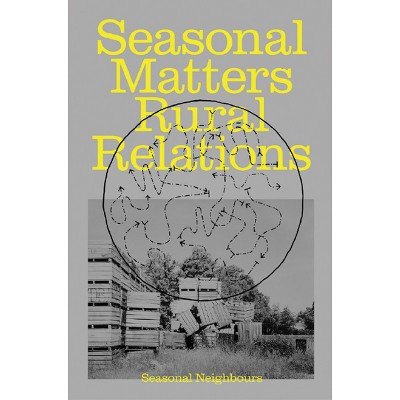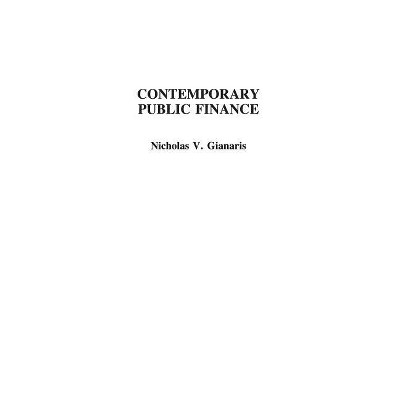Sponsored

Nicholas II - by Robert D Warth (Hardcover)
In Stock
Sponsored
About this item
Highlights
- This book is a scholarly, comprehensive, and critical biography of Nicholas II from his birth in 1868 to his execution in 1918.
- About the Author: ROBERT D. WARTH is Professor Emeritus of History at the University of Kentucky.
- 360 Pages
- History, Europe
Description
About the Book
This book is a scholarly, comprehensive, and critical biography of Nicholas II from his birth in 1868 to his execution in 1918. It features a chronological narrative emphasizing the political aspects of the Tsar's reign rather than details from his personal life--although new information about his life is revealed. Nicholas II is portrayed as a conscientious and reasonably intelligent ruler whose reign was marred by inept statesmanship and a stubborn determination to uphold the autocratic tradition of the Romanov dynasty even though he was forced to grant major political concessions in 1905. His imprudent foreign policy in East Asia precipitated a losing war with Japan. But a more cautious policy in Europe nevertheless involved Russia in a far greater conflict in 1914 that resulted in enormous casualties, economic hardship, and the collapse of the monarchy in 1917. As an individual, Nicholas was gentle and benevolent (except towards political dissidents) and proved to be a good husband and father. The serenity of his family life was disrupted by his son and heir's hemophilia, and the ensuing Rasputin scandal impaired the Tsar's image and contributed to his unpopularity. A final chapter examines his legacy and provides a theory of revolutionary causation.
Book Synopsis
This book is a scholarly, comprehensive, and critical biography of Nicholas II from his birth in 1868 to his execution in 1918. It features a chronological narrative emphasizing the political aspects of the Tsar's reign rather than details from his personal life--although new information about his life is revealed. Nicholas II is portrayed as a conscientious and reasonably intelligent ruler whose reign was marred by inept statesmanship and a stubborn determination to uphold the autocratic tradition of the Romanov dynasty even though he was forced to grant major political concessions in 1905. His imprudent foreign policy in East Asia precipitated a losing war with Japan. But a more cautious policy in Europe nevertheless involved Russia in a far greater conflict in 1914 that resulted in enormous casualties, economic hardship, and the collapse of the monarchy in 1917. As an individual, Nicholas was gentle and benevolent (except towards political dissidents) and proved to be a good husband and father. The serenity of his family life was disrupted by his son and heir's hemophilia, and the ensuing Rasputin scandal impaired the Tsar's image and contributed to his unpopularity. A final chapter examines his legacy and provides a theory of revolutionary causation.Review Quotes
?Warth's study has a number of strengths. He is particularly good describing the psychological burdens that bedeviled Nicholas II as tsar, his distaste for official life (especially his ministers), his devotion to duty, his closed-mindedness regarding reform, his unwillingness to acknowlege past mistakes, his sense of fatalism and superstitiousness, and his underlying feelings of inadequacy as Alexander III's son and autocrat of all the Russias.?-The Russian Review
"Warth's study has a number of strengths. He is particularly good describing the psychological burdens that bedeviled Nicholas II as tsar, his distaste for official life (especially his ministers), his devotion to duty, his closed-mindedness regarding reform, his unwillingness to acknowlege past mistakes, his sense of fatalism and superstitiousness, and his underlying feelings of inadequacy as Alexander III's son and autocrat of all the Russias."-The Russian Review
About the Author
ROBERT D. WARTH is Professor Emeritus of History at the University of Kentucky.Shipping details
Return details
Trending Non-Fiction

















